Magtudredningen
Is democracy possible today?
Is democracy possible today?
Normalpris
65,00 DKK
Normalpris
Udsalgspris
65,00 DKK
Stykpris
pr.
Inklusive skat.
Tilgængelighed for afhentning kunne ikke indlæses
Detaljer
Detaljer
Forfatter: Erik Oddvar Eriksen
Format: Hæftet
Sprog: Engelsk
ISBN: 9788798758105
Højde: 220 mm
Bredde: 150 mm
Antal sider: 60
Udgivelsesdato:
The process of globalization, which exacerbates the
pluralism and complexity associated with modernity, and
an unauthorized delegation of power, challenges the
standard model of representative democracy, in which the
parliament is seen as the embodiment of the will of the
people. However, "the people" is never really present to
decide. The representatives are elected and the notions
of the common good or the public interest that they
espouse are inaccurate, at best. No legal form and no
actual assembly can claim legitimacy per se - as
expressions of la volonté générale. Thus, an alternative
conceptualization of the democratic process is required.
In order to get to the modern idea of democratic politics,
the normative content of the democratic constitutional
state is spelled out as this is understood in the
discourse-theoretical conception of deliberative
democracy. This conception is a viable alternative to the
standard model. It relinquishes nationality as requirement
for democracy. In the discourse-theoretical perspective,
popular sovereignty is de-substantiated and located in the
very procedures that govern law and decision making.
The parliamentary principle cannot by itself ensure
democratic legitimacy and has to be supplemented with
procedures that secure individual rights and public
debate. A threefold model of political power then
emerges: social, communicative and administrative
power. This perspective provides us with a rather
complex set of criteria for assessing democracy today
which, however, are needed not only for normative
reasons, but also because of the differentiated access
structure that exist in modern welfare states.
Erik Oddvar Eriksen er professor ved ARENA, Oslo Universitet.
pluralism and complexity associated with modernity, and
an unauthorized delegation of power, challenges the
standard model of representative democracy, in which the
parliament is seen as the embodiment of the will of the
people. However, "the people" is never really present to
decide. The representatives are elected and the notions
of the common good or the public interest that they
espouse are inaccurate, at best. No legal form and no
actual assembly can claim legitimacy per se - as
expressions of la volonté générale. Thus, an alternative
conceptualization of the democratic process is required.
In order to get to the modern idea of democratic politics,
the normative content of the democratic constitutional
state is spelled out as this is understood in the
discourse-theoretical conception of deliberative
democracy. This conception is a viable alternative to the
standard model. It relinquishes nationality as requirement
for democracy. In the discourse-theoretical perspective,
popular sovereignty is de-substantiated and located in the
very procedures that govern law and decision making.
The parliamentary principle cannot by itself ensure
democratic legitimacy and has to be supplemented with
procedures that secure individual rights and public
debate. A threefold model of political power then
emerges: social, communicative and administrative
power. This perspective provides us with a rather
complex set of criteria for assessing democracy today
which, however, are needed not only for normative
reasons, but also because of the differentiated access
structure that exist in modern welfare states.
Erik Oddvar Eriksen er professor ved ARENA, Oslo Universitet.
